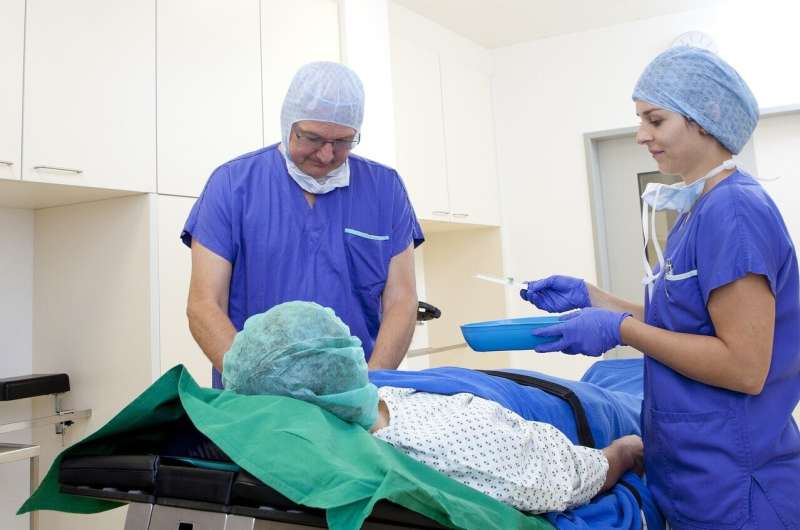This article has been reviewed according to Science X's editorial process and policies. Editors have highlighted the following attributes while ensuring the content's credibility:
fact-checked
peer-reviewed publication
trusted source
proofread
Lack of workplace support after medication errors can worsen outcomes among health care professionals

Psychological distress is the most common negative outcome experienced by health care professionals after making medication errors, according to a new study from the University of Eastern Finland. After such events, turnover intentions and absenteeism were more common among those experiencing inadequate organizational support and so-called second victim distress.
During this past decade, an abundance of research has been conducted regarding the prevalence and severity of the second victim phenomenon. The term "second victim," coined by Dr. Albert Wu from Johns Hopkins University, refers to those health care professionals who experience emotional distress after getting involved in or witnessing severe patient safety incidents.
In the present study, a survey was conducted among nurses and physicians working at two university hospitals in Finland between September 2022 and May 2023. The 149 respondents were mainly nurses. The findings were published in the Journal of Advanced Nursing.
The study revealed that the level of organizational support received by health care professionals after getting involved in a medication error affects negative work-related outcomes. An increase in turnover intentions and a tendency to take absence from work was observed when there was a perceived lack of organizational support and a higher level of second victim distress among health care professionals.
Organizational support after medication errors was perceived as low by more than a third of the respondents, which highlights the need for cultivating a more supportive work environment for health care providers following medication errors.
"It is time for health care organizations to recognize the significance of the second victim phenomenon and act toward establishing structured support systems for second victims," says the first author of the study, Doctoral Researcher Sanu Mahat.
The study provides valuable insight into how organizational support mediates the link between the distress experienced by health care providers and their intention to leave their jobs and absenteeism. However, further research is needed among different health care professionals in Finland.
The authors point out that understanding the impact of the second victim phenomenon can help create a blame-free and just culture that prioritizes learning from errors rather than blaming those who make mistakes. This enables health care systems to focus not only on patient safety but also on the well-being of those who provide care.
"In an organization where just culture prevails and a constructive response to errors is encouraged, health care providers become more resilient, develop positive coping abilities, and can enhance their professional competencies," the authors conclude.
More information: Sanu Mahat et al, Impact of second victim distress on healthcare professionals' intent to leave, absenteeism and resilience: A mediation model of organizational support, Journal of Advanced Nursing (2024). DOI: 10.1111/jan.16291





















